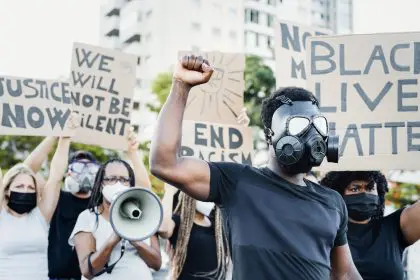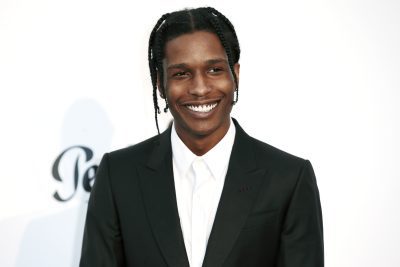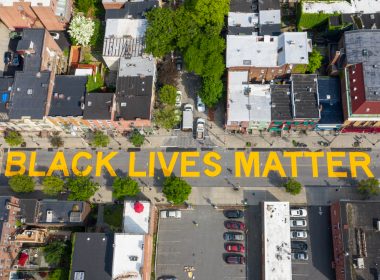 Why are the protests and police violence in Ferguson, Missouri, called riots? The word “riot” appears to define and describe the events that have ensued in Ferguson after the tragic Aug. 9 killing of Michael Brown. A quick Google search produces more than 35,300 hits for the phrase, “Ferguson, Missouri, riot.” By contrast, the phrase “Ferguson, Missouri, rebellion” pulls up just 435 results, mostly from sites like the Pan African News Wire. “Revolt” yields a microscopic nine hits. So what’s in a phrase? And why should people care about which term is used in the press or by social media?
Why are the protests and police violence in Ferguson, Missouri, called riots? The word “riot” appears to define and describe the events that have ensued in Ferguson after the tragic Aug. 9 killing of Michael Brown. A quick Google search produces more than 35,300 hits for the phrase, “Ferguson, Missouri, riot.” By contrast, the phrase “Ferguson, Missouri, rebellion” pulls up just 435 results, mostly from sites like the Pan African News Wire. “Revolt” yields a microscopic nine hits. So what’s in a phrase? And why should people care about which term is used in the press or by social media?
Language matters. The rhetoric we choose to use at the water cooler, in social media, or news editorial boardrooms when discussing Ferguson tells us as much about the chroniclers of the event as the actual participants. Everyday sociology states that riots “are characterized by unruly mobs, often engaging in violence and mayhem.” The term rebellion has more rational connotations: “Unlike a riot, a rebellion tends to be more organized and has clearer goals for change. Rebellions can be violent or nonviolent, and they are often characterized by attempts to change the social order in some way. Rather than merely blowing off steam fueled by anger, participants see their actions as part of a larger rebellion that aims to create policy changes.” And Wikipedia essentially defines a revolt as a more localized rebellion. Put simply, whether intended or not, by invoking “riot” in describing the civil unrest in Ferguson serves to pre-emptively delegitimize the claims of social injustice while giving the power elite the moral authority to quell dissent without ever addressing calls for law enforcement abuses and other structural inequities. Even terms that are used as alternatives to “riots” such as events, unrest, and disturbance are neither neutral nor politically impartial. “These terms” speak with an appalling silence “in their refusal to mete out innocence or guilt, sympathy or condemnation [and] is a political judgment in and of itself,” according to media studies scholar Lynn Itagaki who is finishing a book on the 1992 trial of Rodney King’s police assailants and the public’s reaction to the verdict — what she calls the Los Angeles Crisis.
If a page of history is worth a volume of logic, then “rioter” seems the most illogical label to affix Ferguson protesters. After all, history tells us that participants in the most famous civil unrests in America were far from an aimless criminally-minded mob eager to exploit the moment with senseless acts of violence or looting that social scientists widely associate with the term “riot” or “rioter.” Rather, the Kerner Commission discovered that urban disturbances appeared sociopolitical acts or at least a heightened sense of social consciousness. In fact, the profile of protesters in Watts (Los Angeles), Rochester (New York), Detroit and 20 other cities that erupted the summer 1967, were better educated and politically more informed (and more distrustful of the political system) than their non-protesting neighbors.
The power to label is the power to define. Naming signals a power to influence both past and present. And whether intended or not, the language used to describe the events since Aug. 9 is politically framed in order to shape not simply contemporary perceptions but the cultural memories of how the events of Ferguson will be perceived by future generations. So, when the word is uttered or pops up on your screen at the fire the next time, ask yourself, “Why riot?”
Devin Fergus, a senior fellow at Demos, a policy think tank, is associate professor of African American and African Studies at The Ohio State University. He is finishing his second book, “Land of the Fee,” examining the rise of consumer finance fees and its impact on social mobility since the 1980s.
*Haley Swenson contributed to this post.













